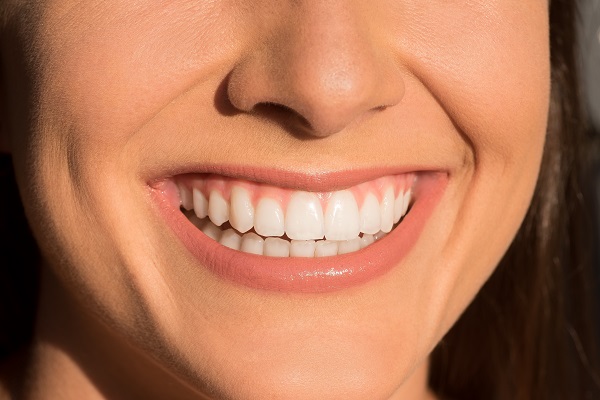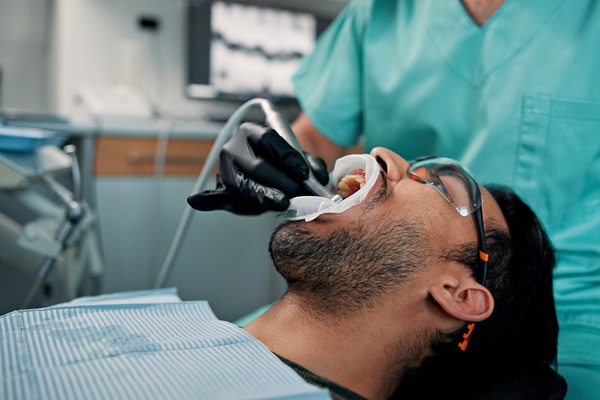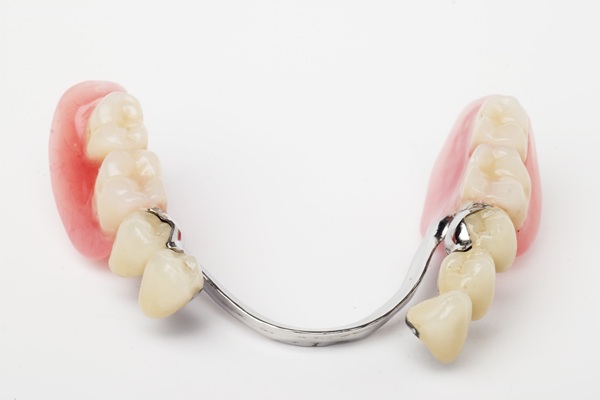Can a Dentist Reverse Gum Disease?

If you are struggling with gum disease, you should see your dentist as soon as possible. This can be a serious condition, especially if it goes untreated. This issue can lead to even more problematic health concerns. There are ways you can prevent this disease from ever occurring. The dentist can also treat it to relieve its symptoms. If you wait too long to address gum problems, it can be difficult to reverse the effects.
How gum disease begins
Gum health is as critical for a person’s oral wellness as caring for teeth. This tissue holds the teeth in place. When gums deteriorate, tooth loss can occur. Periodontal disease destroys the tissue and the bone that supports teeth. When this disease progresses, it can cause teeth to become loose and fall out. Bone loss can also start, which can change the shape of the person’s mouth.
Gum disease starts when bacteria build up on the teeth and at the gumline. It leaves a sticky film called plaque. If it is not removed, it hardens and turns into tartar. This will inflame the gums and eventually destroy them.
Prevention
The most effective way to avoid gum disease is to brush twice a day with a fluoride-based toothpaste and to floss each day. This will remove bacteria from the teeth and keep plaque and tartar from developing. Using a mouthwash every day can also help to keep teeth and gums clean. People should also visit the dentist at least twice a year for cleanings and examinations.
Treatment in early stages
When gum disease is mild and just starting out, it is called gingivitis. A thorough cleaning can improve the health of the gums and reverse the impact of the disease. At a dental appointment, the hygienist may floss the patient’s teeth. Processes known as planing and scaling can help too. This is when the hygienist scrapes away plaque and tartar from the teeth.
Treatment in later stages
As gum disease progresses, it becomes more challenging to heal the patient’s gums. The dentist may use an antibiotic to kill any infections that have attacked the tissue. The dentist will focus on pockets of bacteria that have formed between the tooth at the gumline. In some cases, surgery may be necessary to treat the disease.
One option is flap surgery. With this, the dentist will cut into the gums and lift back a small section. This exposes the roots of the teeth and allows for a more extensive cleaning. When the gums have deteriorated, the dentist may choose to do a soft tissue graft. The dentist will take tissue from the roof of the mouth and place it where the gums have been lost. Bone grafting may be required in situations where the disease has caused bone loss.
Gum health is possible
If your gums are unhealthy, you need dental attention right away. Your dentist can treat gum disease and reverse the consequences of this condition. Different treatments are available. There are also steps you can take today to keep your gums in good shape.
Are you considering treating gum disease in the Lincroft area? Get more information at https://lincroftvillagedental.com.
Check out what others are saying about our dental services on Yelp: Gum Disease in Lincroft, NJ.
Recent Posts
Most adults experience some degree of gum disease during their lifetime, but it does not necessarily lead to tooth loss. Understanding how to identify and treat the stages of this common ailment can prevent it from spreading and reduce its impact.Gum disease is an infection of the gum tissue surrounding the teeth. It starts with…
According to the American Dental Association, around 42% of adults over 30 in the United States have some form of gum disease. While access to dental care has helped lower the number of patients who lose teeth to periodontitis, it is still a serious issue that the dental field faces. Gum disease is a largely…
Receding gums are one of the leading causes of tooth loss. It occurs when a person's gums are pushed backward, leaving teeth roots exposed. It can be caused by a wide range of bad habits and other dental issues and often leads to pain and tooth sensitivity.The early stages of gum recession can be treated…
A laser dentist can perform dental procedures with better accuracy and effectiveness. Read on to learn about laser dentistry and how it can help make some treatments more comfortable. The field of dentistry has witnessed significant advancements in the last few years. New technologies are transforming what dentists are able to offer their patients, from…


